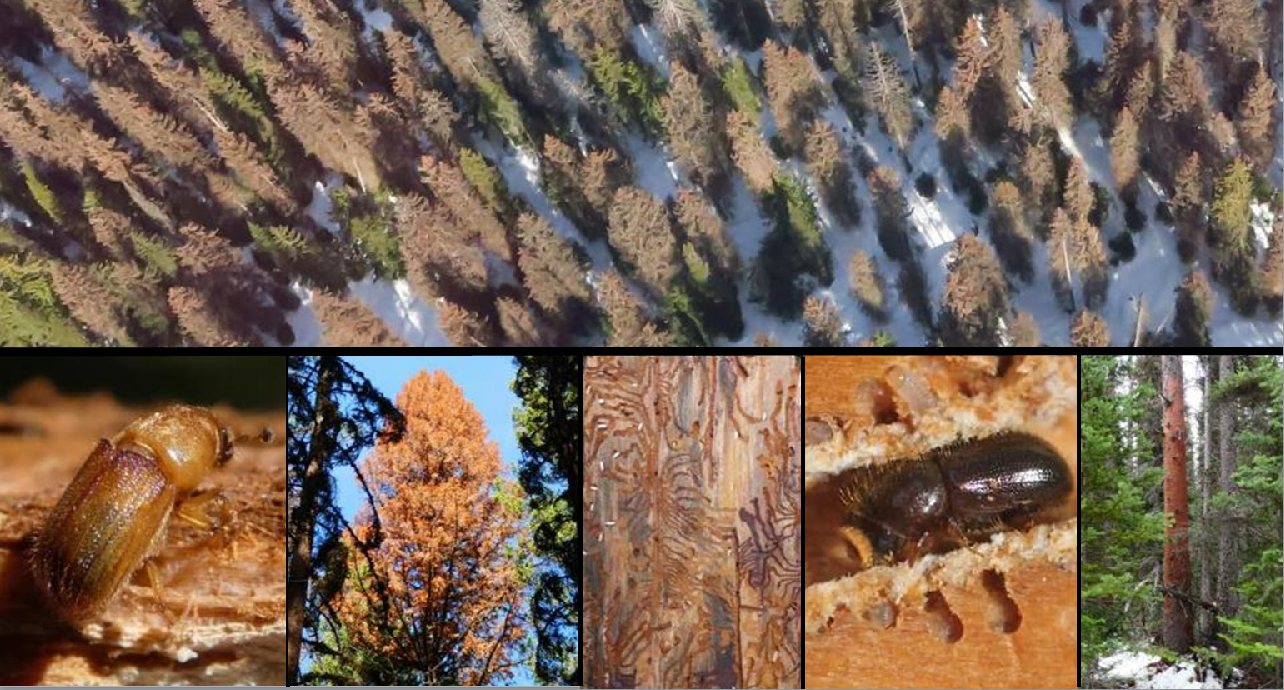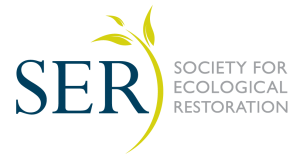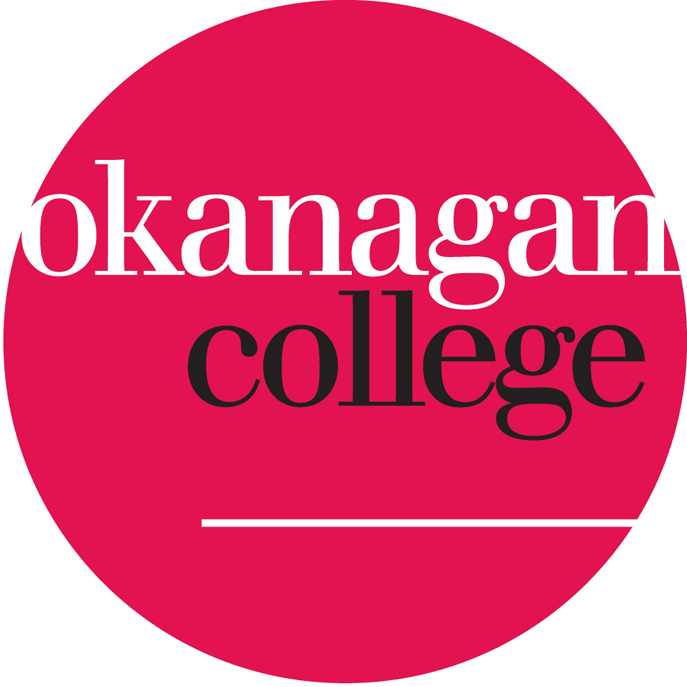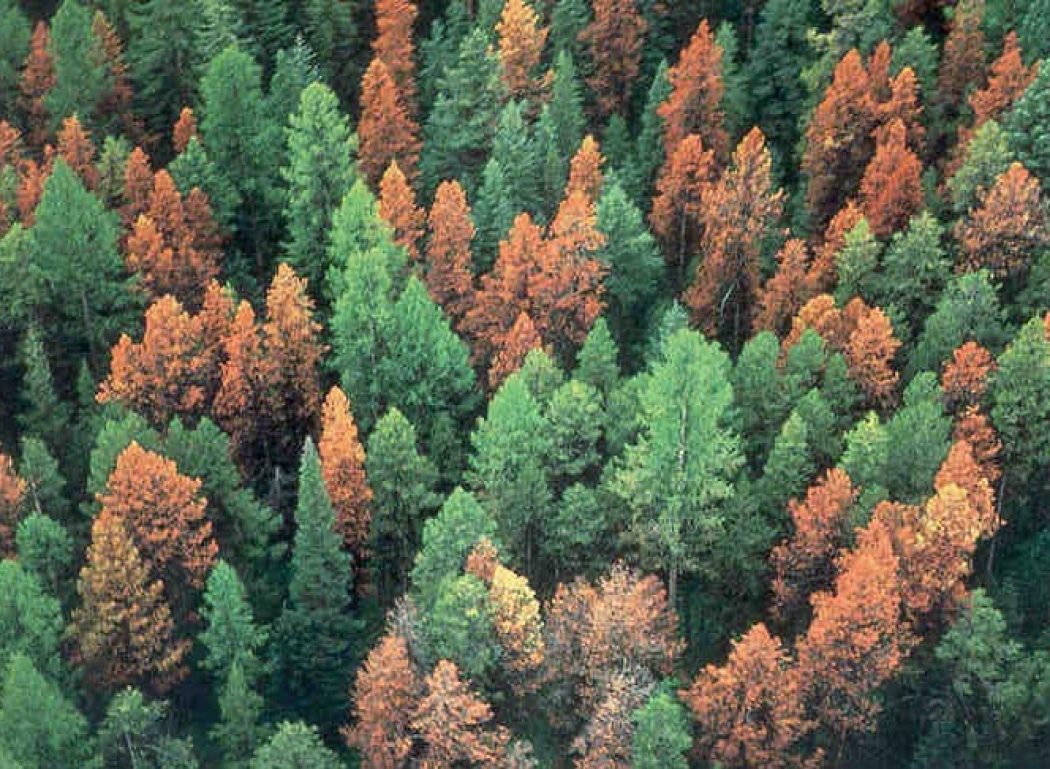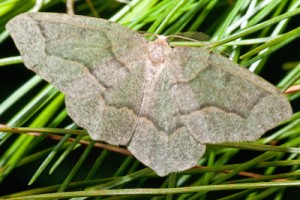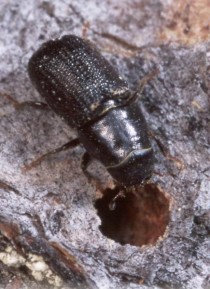Forest Entomology: insight into the outbreak dynamics and impacts of major forest insects of B.C.
- Start Date: November 01, 2017
- End Date: November 02, 2017
- Time: Day 1: 9am-5pm. Day 2: 9am-3pm
- City: Revelstoke BC
- Venue: Okanagan College - 1401 1 St W, Revelstoke, BC
- Instructor: Dr. Lorraine Maclauchlan
- An SER accredited course!
PHOTOS: Lorraine MacLauchlen
Course Description
This course introduces students to the major forest insects, both beneficial, and those considered pests, that are commonly found in interior forests of British Columbia. The course enables students to recognize key insects groups, evaluate potential impact of these insects and understand their population dynamics and role in forest succession. Key insects groups include bark beetles, terminal and root collar weevils, defoliators and secondary insects (predators and agents of decomposition). Recognition of insects through signs and symptoms of the host are emphasized along with their ecological role in forest dynamics, response to climate and forest management. This course is classroom oriented with numerous displays of insects and host damage available for review. This course is a fantastic opportunity to learn more about the fir/spruce beetle outbreaks currently affecting the forests of interior BC.
This course has been approved by the Society for Ecological Restoration (SER) as a for-credit course! Students will earn 11 continuing education credits SER’s Certified Ecological Restoration Practitioner (CERP) program.
Course Content
Day 1: 9am-5pm
Introduction to forest entomology: insect ecology and discussion on the impact of insects on our forests relating to changing climate.
The bark beetles: recognition, hazard and risk, damage assessment, management options and post-fire risk.
- Dendroctonus pseudotsugae
- Dendroctonus rufipennis
- Dendroctonus ponderosae
- Dendroctonus bevicomis
- Dendroctonus valens
- Dryocoetes confusus
Secondary insects: ambrosia beetles, engraver beetles, wood borers
Displays of bark beetles and secondary insects will be set-up for students to study. Static displays show life stages of insects, bark galleries, tree and stand symptoms.
Wrap-up bark beetle session. Discussion on future projections of bark beetle outbreaks and thoughts on managing forests for more resilience.
Defoliating insects: recognition, impact, outbreak dynamics and predictive tools, management options.
- Choristoneura occidentalis
- Orgyia pseudotsugata
- Lambdina fiscellaria lugubrosa
- Zellaria haimbachii
Other native and introduced defoliators of conifer and deciduous hosts. Displays of defoliators will be set-up for students.
Day 2: 9am-3pm
Wrap-up defoliator session. Introduced species (Balsam woolly adelgid) and managing defoliators with an eye to climate change.
Insects affecting regeneration: terminal and root collar weevils; adelgids and others. Examples from research: impacts of Pissodes terminalis in young lodgepole pine.
Wrap-up pests of young stands. Open discussion.
Our Instructor:
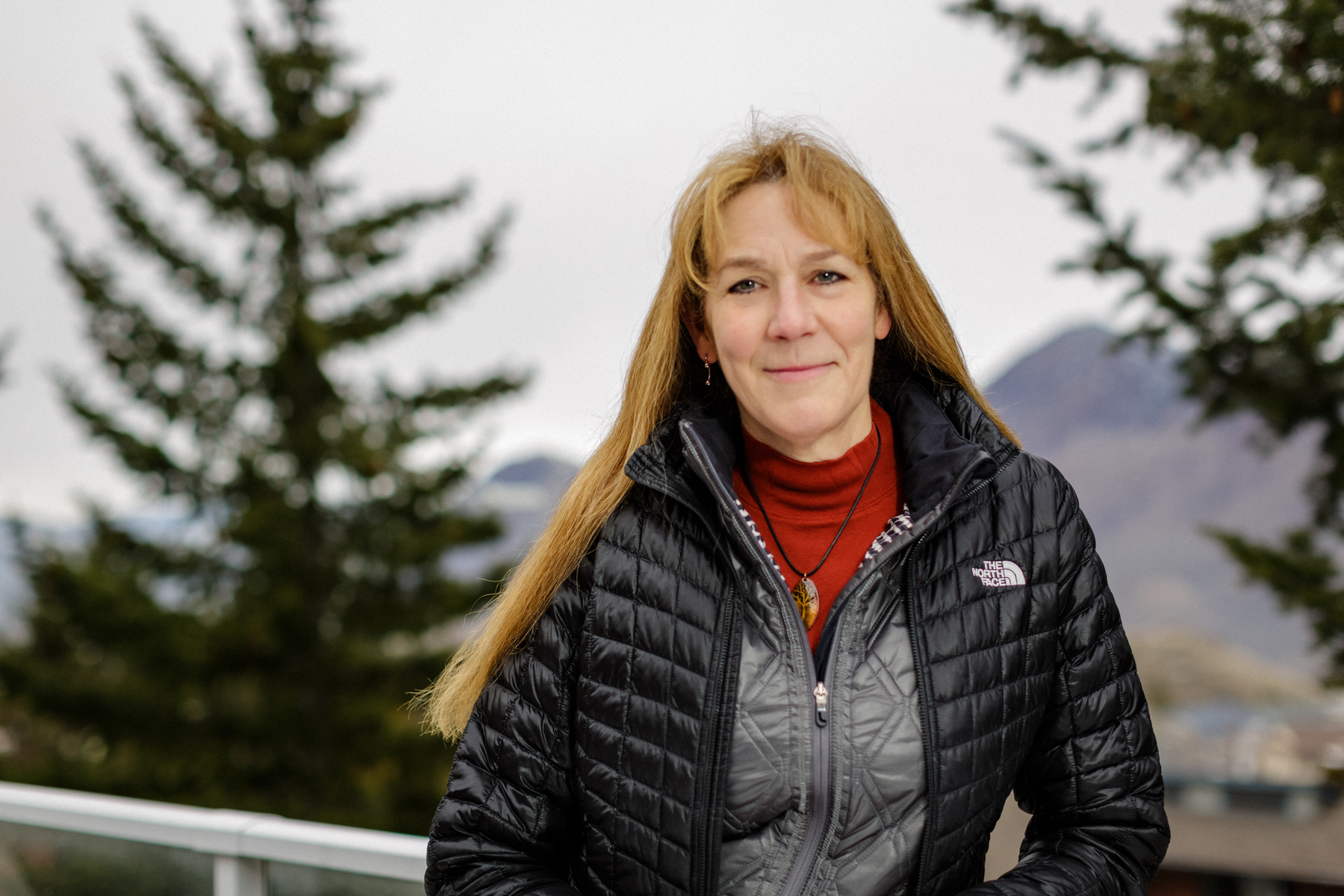 Lorraine Maclauchlan, R.P. Bio., R.F.P., Ph.D.
Lorraine Maclauchlan, R.P. Bio., R.F.P., Ph.D.
MFLNRO, Thompson Okanagan Region
Dr. Lorraine Maclauchlan has been monitoring, studying and managing forest insect pests in B.C. for over 30 years. Lorraine has worked as the Regional Entomologist for the B.C. government since 1987 and taught a Forest Entomology course at Thompson Rivers University for 21 years. She brings a multi-faceted approach to understanding how insects can both be beneficial and damaging to forests and offers ideas for their management. Some of her research projects include: short- and long-term impacts of insects affecting young lodgepole pine, their population dynamics and stand response under various management regimes; developing a hazard rating system and management strategies for western spruce budworm; and, ecology of western balsam bark beetle in high elevation forests.
Preparation & What to Bring?
Recommended pre-reading will be provided to each student a few weeks in advance of the course date. No other materials or supplies will be needed, however you may find that these resources are helpful to you:
Bark Beetles – Province of British Columbia
Field Guide to Forest Damage in British Columbia
Who Should Attend?
This course will be interest to students; consulting foresters and biologists; government foresters, biologists and stewardship officers; industry foresters; forestry and biotechnical field techs; and interested public
Thank You to our Host:

